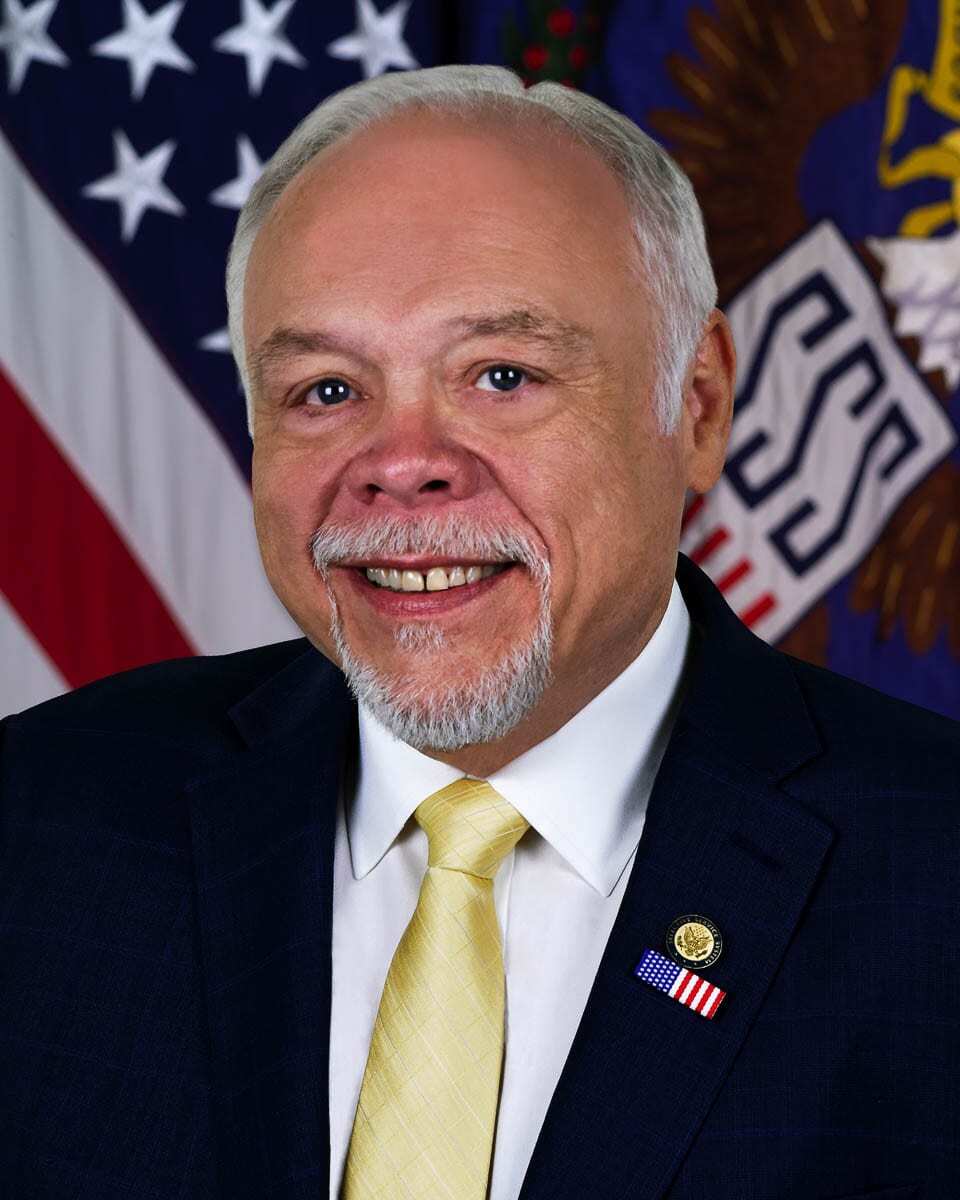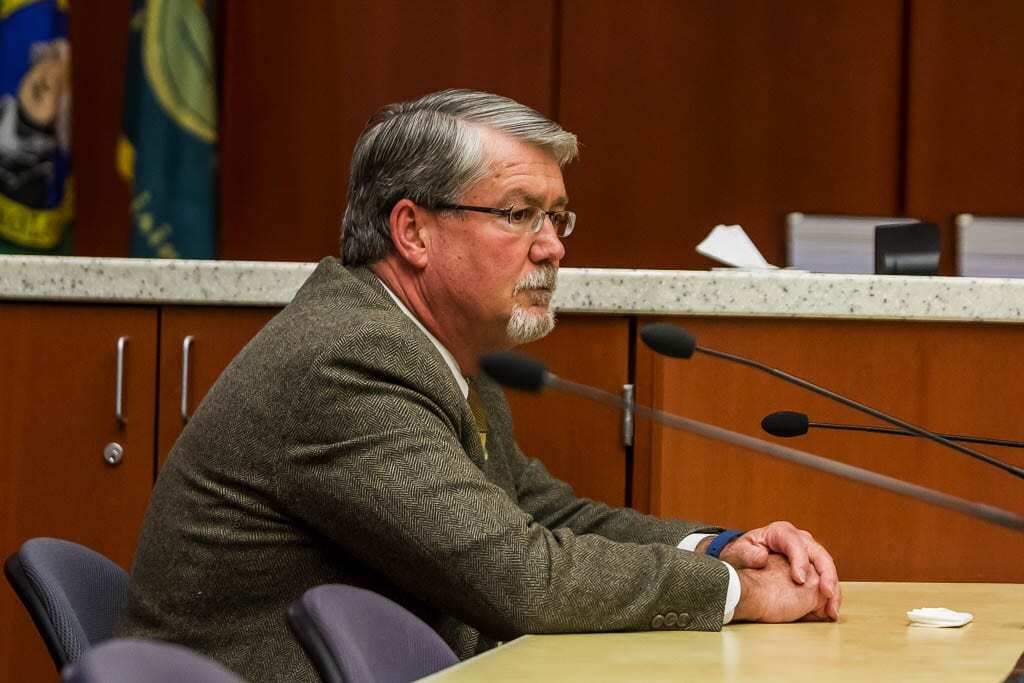$40,000 fine issued following four-year battle to obtain relevant documents for trial
Clark County Superior Court Judge Gregory Gonzales issued a rebuke and a $40,000 fine against Clark County last week for abusing claims of attorney-client privilege. The case dates back to the 2016 termination of Don Benton and two other county employees who worked in the county’s Department of Environmental Services (DES).
At the time, Benton was fired as head of DES in part due to his “alleging financial wrongdoing” and retaliation against him for making those allegations. The department was dissolved in May 2016 by then-County Manager Mark McCauley, who was later fired in 2017.
Benton filed a $2 million whistleblower lawsuit in December 2016. The suit names Benton as well as two others, Susan Rice and Christopher Clifford, then-employees of the now-defunct department, as plaintiffs against the county.

The suit alleged improper behavior on the part of McCauley, who the suit characterizes as interfering with Benton’s management of his department and verbally abusing Benton on occasion. An amended complaint also alleges the county violated the First Amendment rights of Benton’s co-plaintiffs, Rice and Clifford. The complaint argues that the two had reported “intimidating behavior” at the hands of McCauley to their supervisors, which allegedly was a motivational factor in the county’s decision to fire them.
In January of 2017, Clark County Today reported McCauley’s comments from September of 2015 about the idea of eliminating DES. McCauley responded: “if you’re looking at the metrics, I think the department is performing very well. If you look at things like the quantities of recycled volumes and some of the many activities that they perform, such as the Recycled Arts Festival, objectively the metrics are very good.’’
As part of the legal process, each side conducts “discovery” submitting legal requests for documents and asking questions which must be answered. They seek to depose witnesses they believe will provide information relevant to their legal arguments.
In his ruling, Judge Gonzales agreed with the plaintiffs’ motion for discovery sanctions and to compel disclosure. The plaintiffs claimed the County willfully withheld responsive discovery either under the false pretense of attorney-client privilege, or without any excuse or reason, even after repeated attempts were made to have the documents produced.
The legal battle over discovery began in March 2017 when a first set of interrogatories and a request for production was filed by the plaintiff’s attorneys. A month later, the county objected to the discovery and provided no answers or documents. They stated an additional investigation was needed to respond.
In the ensuing three years, multiple back and forth requests and responses were filed by both parties.
Originally, there was a five-page “privilege log’’ provided by the county. The log identified 19 sets of documents allegedly protected by the attorney-client privilege and three sets of documents withheld because the documents contained “private” information the county unilaterally deemed non-discoverable.
The third and fourth sets of plaintiff questions were responded to with a 61-page privilege log and a two-page privilege log in 2018. The overwhelming majority of the documents (partially) identified in the county’s privilege log were withheld based on the attorney-client privilege and work product doctrine according to the plaintiff’s attorney.
Believing the responses were deficient and the privilege claims bogus, the plaintiffs counsel sought to end the never-ending claim of privilege. In September of 2019, they asked the county to “produce all the communications (documents) that were redacted or withheld as privileged that my clients were a party to” and within the scope of Plaintiffs’ initial discovery requests. Plaintiffs further requested the county confirm it had provided a complete privilege log.
In an email dated September 26, 2019, the county responded that no documents were missing from the June 2018 privilege log and that it would look into the issue related to producing the redacted/withheld communications (documents).
Three weeks later, a discovery conference was held between the parties lawyers. During the conference the issue of the redacted, withheld and missing documents was discussed. In order to provide a more comprehensive identification of the documents, the Benton attorneys provided specific identification for the emails and documents in question.
Following a significant number of back-and-forth legal requests and denials for production of information, the county finally produced 118 pages of discovery in Feb. 2021 that it had previously withheld. “None of the communications produced can be fairly characterized as privileged,” claimed the plaintiff’s attorneys. “Not only are the documents not privileged, but they strike at the heart of this case.”

The documents included correspondence between county officials regarding the proposed amendments to the county’s Shoreline Management Plan ordinance which occurred during the October 2015 BOCC hearing.
- Correspondence regarding Benton’s claim of lack of budget controls which involved the Public Works department depleting the conservation futures funds.
- Correspondence from Mark McCauley asking whether Donald Benton’s email to an area newspaper editor regarding harassment was “adequate basis for termination.”
- Correspondence between Benton and McCauley regarding the county’s agreement to allow Benton to telecommute during the senate legislative session in 2014.
- Correspondence from McCauley regarding BOCC Chair Marc Boldt’s email that some action should be taken against Chris Clifford directly prior to being injected into the layoff list.
Many of these documents did not even involve an attorney.
In the three weeks prior to asking the court to sanction the county, the plaintiffs received 242 pages of documents the county had claimed were privileged and had withheld for several years.
Judge Gonzales made a bench ruling on March 11. He fined the county $40,000 and demanded the county produce the rest of the requested documents by March 17. He moved the trial date back a month, to give the plaintiffs time to review the documents produced. The trial will now begin April 26.
On March 17, the county produced an additional 1,719 pages of documents.
The Clark County Prosecutor’s Office was asked for comment and referred Clark County Today to their attorney’s office. Megan Starks of Patterson, Buchanan, Fobes & Leitch Inc. said “the sanctions that were recently awarded will be paid by our law firm and will not be funded by the County or it’s taxpayers.”
Ted Buck, plaintiff’s attorney issued the following statement.
“It goes without saying that open and complete access to governmental activities is essential to good government,’’ Buck said. “Here, however, the county through its lawyers intentionally attempted to prevent information related to official county business from being disclosed, information that is central to this whistleblower lawsuit. The extent of the county’s effort to hide the truth is still being uncovered, but its behavior should be very concerning to every citizen of Clark County.
“Truth is achieved by revealing the facts, not hiding them.”




